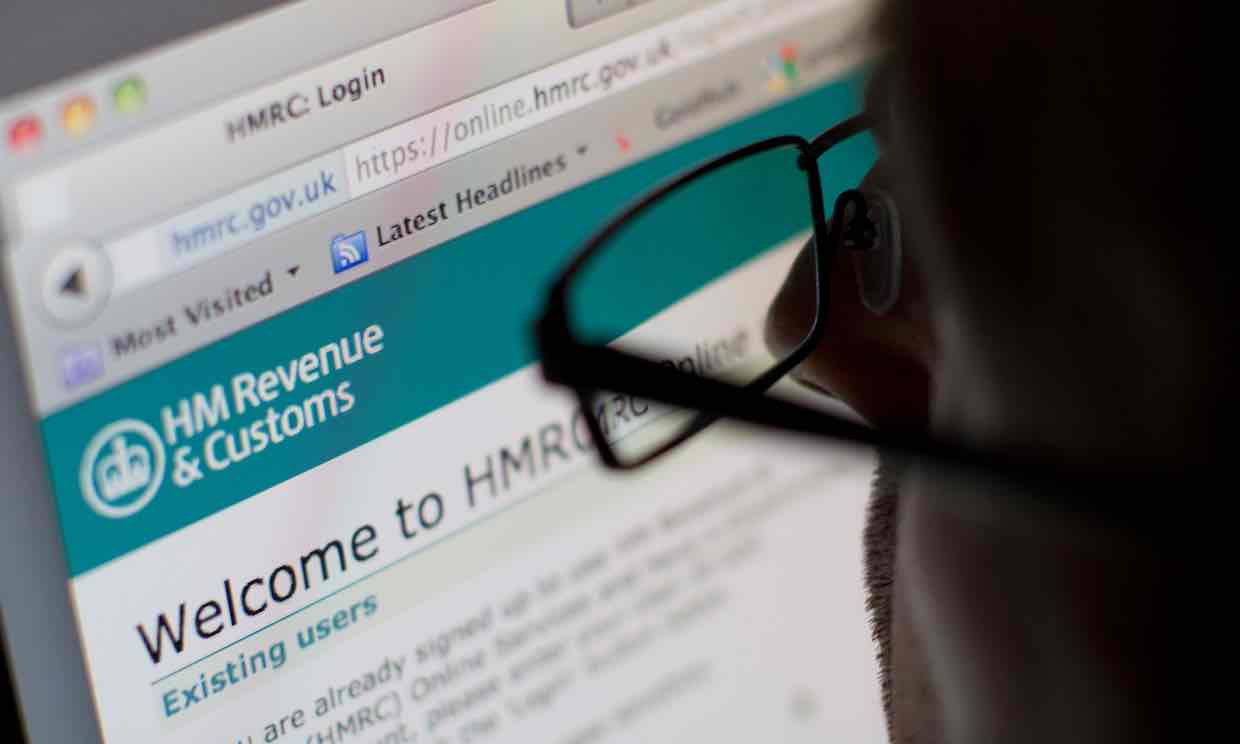Should MPs follow Jeremy Corbyn’s example and release their tax returns?
 written as part of a panel at The Guardian, 6 March 2017
written as part of a panel at The Guardian, 6 March 2017
Kate Maltby: This is gesture politics – and futile anyway
As a rule, the British left is suspicious of the rituals of US politics – the American game is a showy media circus, easily manipulated by cynical millionaires. Even by British standards. So it’s odd to see them embracing an American ritual that exemplifies the hollowness of US gesture politics. When we bay for the tax returns of politicians, we want to strip them bare. True, we’d like to see where their conflicts of interest lie, or how tax-dodging the bastards really are. But there’s also an instinct to anatomise, to cut open their fiscal veins and check they’re human.
The problem is that a politician’s tax return doesn’t show any of this. Pick a Tory backbencher at random, and his tax return will probably show his salary as an MP, income from UK investments, and income from any second jobs (already publicly disclosed on the parliamentary register of members’ interests). It won’t tell you what his parents’ income is, and whether they pay for the grandchildren’s school fees; it won’t tell you whether they, or a spouse, hold cash and “gift” it to him tax free, to avoid scrutiny. It certainly won’t tell you whether he has a secret bank account in Monaco, or whether he can expect to be a beneficiary of a foreign trust fund – unless he received income from it in the specific year disclosed. It tells you virtually nothing about property held abroad, and whether he’s paid tax on it in that country.
If you want to cut down on the corrupting relationship between money and politics, cut down on MPs holding second jobs. But the rich don’t get rich through income – especially not an MP’s income – they inherit it, marry it, or cash out on that jolly IPO (initial public offering) wheeze Charlie tipped them off to 10 years ago. Money is held in vast family networks.
Meanwhile, it’s easy to jump to unfair conclusions, particularly given the corrosive bad faith of our current political climate. Most people who keep a foreign bank account do so because their dad is French and you need to pay the nursing home in euros. Trust funds for grandchildren exist to keep out their druggie parents. Those who do hide their money are usually hiding it from spouses and in-laws: it used to be a feminist mantra that every woman who can should have a running-away fund. One thing is clear. The people who are really hiding their money from the tax man won’t be declaring it on their returns.
Perhaps this isn’t just about pitchforks. We take comfort from the parochial nature of a bureaucratic form because it reassures us that even ministers get muddled about exactly how to apply child credit. No one really expected Jeremy Corbyn to cheat on his tax return, but his enemies loved it when it appeared he may have entered his salary as opposition leader in the wrong box. Tax returns don’t tell us anything about the rich. But they do tell us about people just like us.




